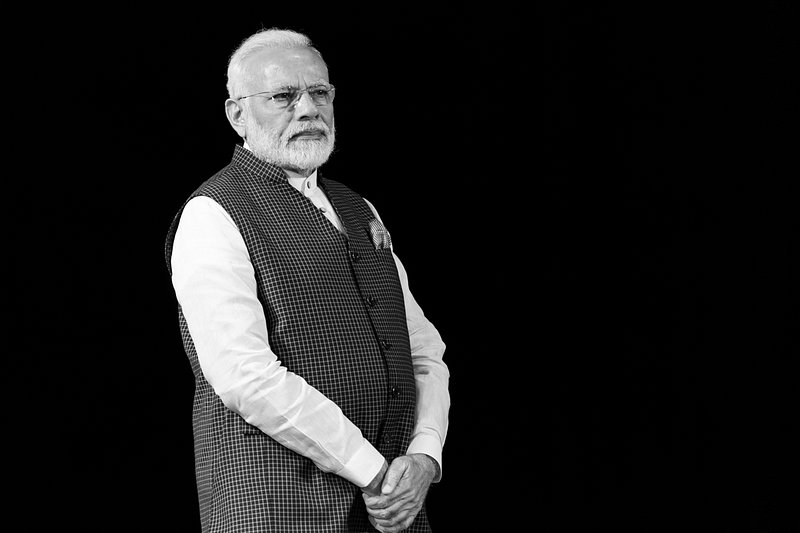India Backs SCO on Iran Strikes
By Asmita - Sep 01, 2025
India's alignment with the Shanghai Cooperation Organization's criticism of U.S. and Israeli airstrikes against Iran signals a subtle endorsement of solidarity with partners like Russia, China, and Iran. This move underscores India's delicate balancing act between its ties with the West and its increasing engagement in Eurasian multilateral structures. The tacit support also reflects India's strategic recalibration in the face of U.S.-China competition and Russia's tensions with the West, enhancing diplomatic relations and regional cooperation without alienating Western allies.

Narendra Modi via Rawpixel.com
India’s recent positioning within the Shanghai Cooperation Organization (SCO) has drawn attention after the bloc sharply criticized the United States and Israel over their involvement in airstrikes against ,[object Object],. In the meeting, member states expressed concern about aggressive military actions undermining regional stability, and India’s response—or rather its restrained silence—has been interpreted as a form of quiet endorsement of the collective stance. While New Delhi refrained from making bold anti-Western statements, it allowed the condemnation to pass without objection, an act many analysts see as signaling solidarity with partners like Russia, China, and ,Iran,. This subtle alignment reflects India’s careful balancing act, navigating between its strategic partnerships with the U.S. and Israel and its growing involvement in Eurasian multilateral structures like the SCO.
The SCO meeting reportedly centered on ,Iran,, one of its newest members and a crucial regional power bridging South and Central Asia with the Middle East. The strikes directed against Iranian military infrastructure were viewed by member states as unilateral aggression that violates international law and threatens broader security. India’s tacit support of the condemnation is especially significant because it traditionally avoids taking pronounced sides in conflicts involving the U.S. or Israel. Yet, with the current geopolitical landscape marked by U.S.-China rivalry and Russia’s ongoing confrontation with the West, India’s willingness to stand aligned with Eurasian allies reflects its recalibrated foreign policy priorities. Tehran’s inclusion in the SCO provides New Delhi with a new platform to bolster energy security, connectivity projects, and trade routes that bypass Western-dominated frameworks.
Another layer of complexity comes from India’s deepening cooperation with ,Iran, in energy, trade, and infrastructure projects such as the ,[object Object],. This location is strategically critical for India to access Afghanistan and Central Asia while bypassing Pakistan. By quietly echoing the SCO’s stance, India strengthens diplomatic goodwill with Tehran, which has often expressed frustrations over Western sanctions hampering its regional integration. Analysts argue that India’s silence at the SCO forum could be read as a message of reassurance to ,Iran,: that despite India’s engagements with Washington and Tel Aviv, New Delhi will not openly support military actions against Iranian interests. This careful positioning allows India to advance pragmatic regional cooperation without burning bridges with its Western allies.
At the same time, India’s posture reflects the complexity of its global balancing strategy. On one side, it maintains strong defense and technological ties with Israel and a critical strategic partnership with the U.S., vital for countering China in the Indo-Pacific. On the other, it deepens its Eurasian ties through the SCO, BRICS, and other forums where anti-Western rhetoric is often prevalent. By silently siding with the joint condemnation, India manages to protect its long-term strategic goals within the Eurasian sphere while ensuring it does not disrupt its Western partnerships. This act symbolizes New Delhi’s nuanced diplomacy—favoring a multipolar world order where it can maintain autonomy in decision-making and selectively engage with diverse blocs depending on shifting geopolitical contexts.


